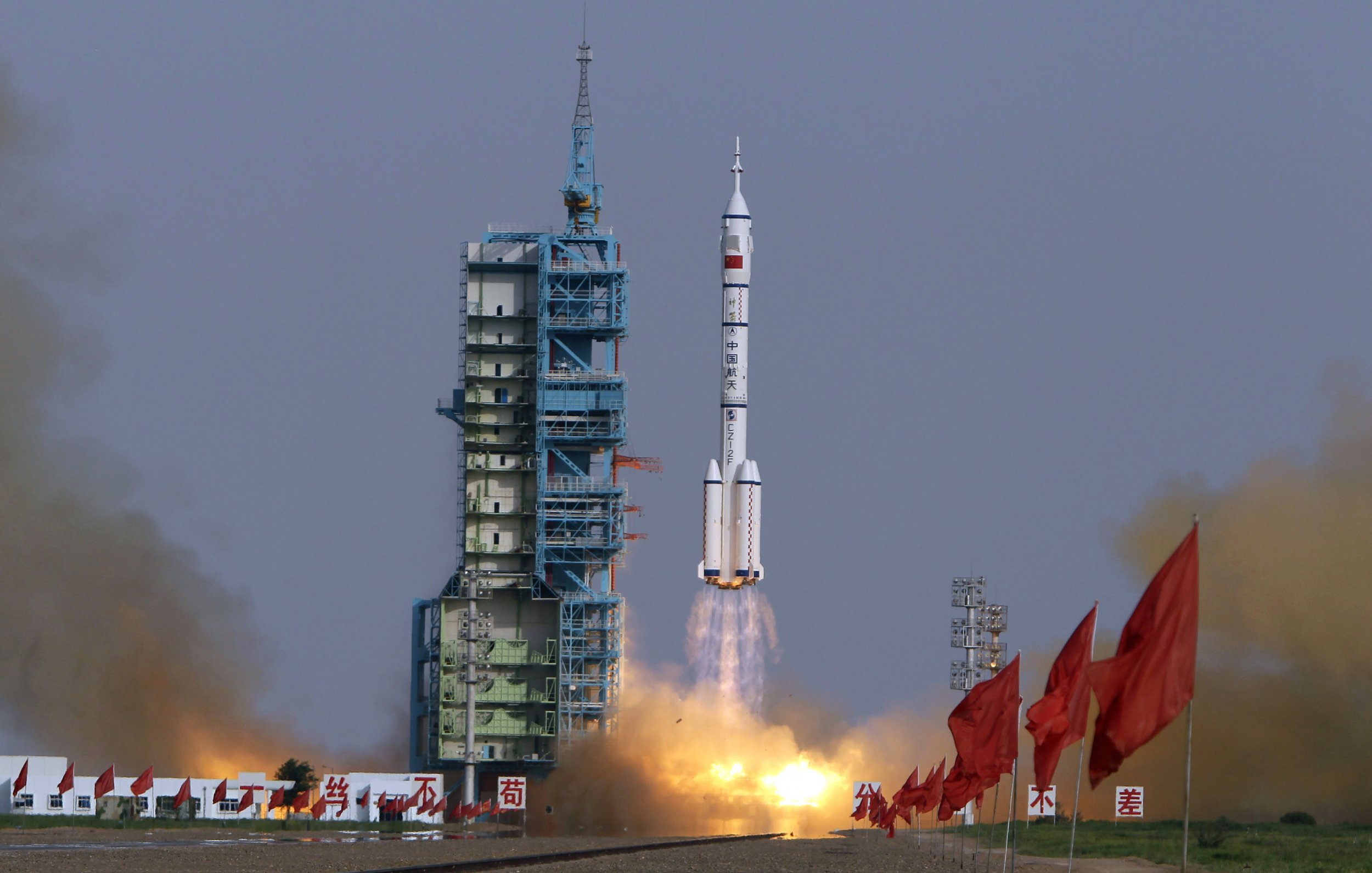
Less than two weeks after China launched a communications satellite that will help it land a robot on the far side of the Moon, the country released its plan to have a space station in orbit and inhabited by 2022.
Construction is already underway on parts of the new space station, which will follow the country's previous endeavors Tiangong-2, currently in orbit, and Tiangong-1, which fell out of orbit earlier this year.
China is hoping the new station, which will consist of three main modules, will become operational in 2022 after launching the first module in 2019.
As the International Space Station does now, it would orbit about 250 miles above Earth's surface and be home to a host of scientific research and experiments touching on topics like evolution, development, how fluids behave in space, and the like.
The similarities to the International Space Station likely aren't a coincidence, since the U.S. banned China from participating in that project, which is run by the U.S., the European Space Agency, Canada, Russia and Japan. That ban dates to 2011, when Congress ordered NASA to cut all ties with China.
China appears to want to run its space station a little differently, according to statements made about their plans.
"CSS [China Space Station] belongs not only to China, but also to the world," Shi Zhongjun, China's Ambassador to UN, told state-run news agency Xinhua. "All countries, regardless of their size and level of development, can participate in the cooperation on an equal footing."
The International Space Station is due to remain in orbit until at least 2024 or 2025, but President Trump suggested NASA should no longer be spending $3 or $4 billion dollars a year on the project after that time. That could mean turning over the station to private companies instead, although NASA would likely still have access by hiring their services.
The goal is to let NASA focus its time and money on projects that would get humans back to the Moon and on to Mars. No matter what happens with NASA's budget, the International Space Station will likely need to be retired in 2028 anyway.
By that point, if China's space station plans become reality, the outpost could be the leader in low-Earth orbit.
Uncommon Knowledge
Newsweek is committed to challenging conventional wisdom and finding connections in the search for common ground.
Newsweek is committed to challenging conventional wisdom and finding connections in the search for common ground.
About the writer
Meghan Bartels is a science journalist based in New York City who covers the science happening on the surface of ... Read more
To read how Newsweek uses AI as a newsroom tool, Click here.








